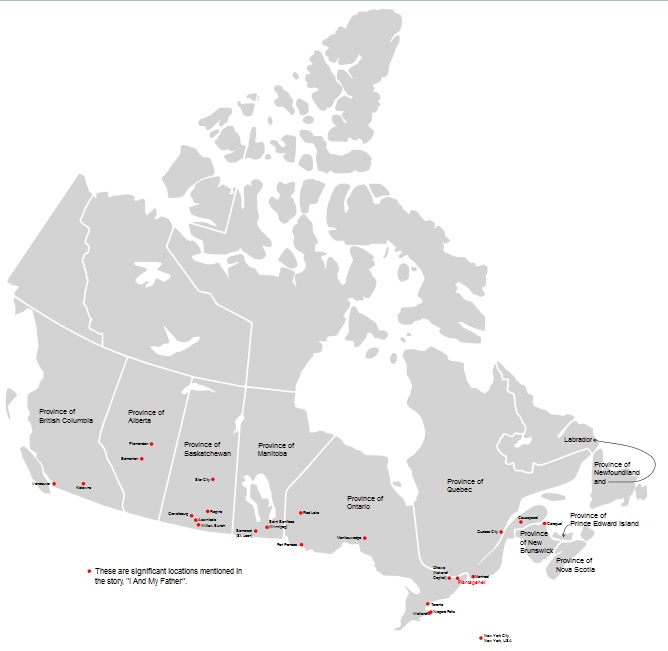Foreword
Strangely enough, many years ago, I observed something that, to some, may appear very unusual or even irrelevant. But, to me, it was apparent and quite relevant. As a young man, I would observe my two younger siblings and note the obvious differences between them. One was assertive, the other meek and modest. One was physically inclined, the other intellectually inclined. One was adept at sports, the other not. With one I felt a strong bond of kinship, the other not. One was extremely independent and aloof, the other quite dependent. With one, I could converse freely, the other not. It's just the way it was. I simply took it for granted.
Many years later, as I revisit the past and reflect, there may have been more significance to this phenomenon than meets the eye. As I gazed into these two younger siblings, it was like looking into a mirror. I could see some of both in me, as though, by some magical knife, I was cut in two. Here I was, faced with my two halves. And my two halves happened to each have a pair of eyes looking back at me. It was like looking back at the story of Genesis and reading about Cain and Abel, two siblings, two brothers of the same father but of very different character, inclination, purpose. While one was trying to impress his father, the other quite simply enjoyed being with his father. And the father, I am quite certain, reflected this back to the two siblings expressing itself in "accepting the sacrifice" of one and not of the other.
Today, it is quite apparent why our father truly preferred the younger over the elder sibling. For most of their lives, the younger son was endowed with a special attitude which is rare and difficult to find today. And it was truly sad and very revealing when we saw "Abel" die, killed by his own sibling. One cannot truly appreciate what one has until it is taken away.
As his legacy, Aimé left us a story, not just a story, but a biography, to be more exact, a testimony to which I can corroborate as seen through the eyes of "Abel", the preferable and more desirable and acceptable son of his father.
Eugène
Eldest of the three boys


